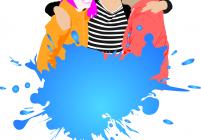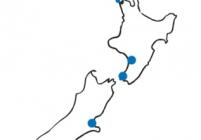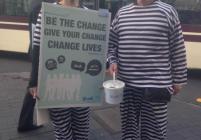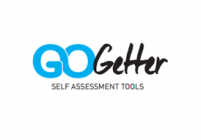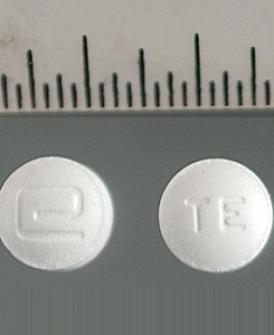
Meth (P/Speed)
Methamphetamine
-
Relationships >

Relationships
Friends, family, boyfriends, girlfriends...
-
Sex >

Sex
Being ready, consent, safety and more
-
Abuse and violence >

Abuse and violence
Physical, sexual, emotional and support
-
Bullying >

Bullying
Peer pressure, getting help & helping others
-
Your body >

Your body
Feeling good, exercise and your health
-
Your mind >

Your mind
Feelings, thoughts, getting help and supporting friends
-
Drugs and Alcohol >

Drugs and Alcohol
Staying safe, partying, tips
-
Beyond school >

Beyond school
Study, jobs, money, help & travel!
-
Our society >

Our society
The world around us
- GoGetter >
-
Learning >
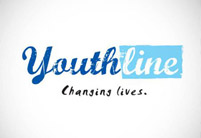
Learning
Can't find what you are looking for?
Need Support or want to talk?
Contact us, by clicking here, we are here to help!
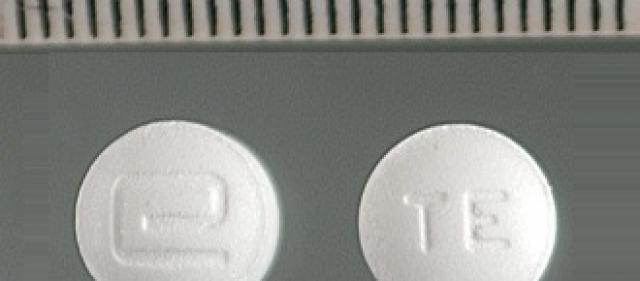
Meth (P/Speed)
Methamphetamine
Topics in this section:
Methamphetamine is a strong stimulant which affects the central nervous system. Typically it is a white, odourless, bitter tasting powder. However, it comes in a variety of forms, including clear crystals (ice).
Methamphetamine is commonly known by a number of names, including 'meth', 'speed', 'crank', 'go' or in a smokable form known as 'ice'.
There are also other amphetamine type stimulants such as amphetamine (speed), methylphenidate (Ritalin, Adderil), modafinil, caffeine and BZP.
The effects of Methamphetamine depend on how much is taken, but generally users can expect to experience:
- Increased heart rate
- Increased activity
- Agitation
- Decreased appetite
- Euphoria
- Sense of well-being
- Reckless or violent behaviour
A large single dose may also cause:
- Damage to nerves (particularly in the brain)
- Elevated body temperature
- Convulsions
The long term effects of Methamphetamine use are:
- Mental and physical dependence
- Anxiety
- Confusion
- Insomnia
- Repetitive behaviours
- A variety of mental health problems including anxiety disorders (paranoia), hallucinations, dramatic mood changes and delusions
- Increasing reckless or violent behaviour
- Damage to organs, in particular heart, kidneys and liver (can also result in stroke).
- Heavy or long-term users often experience the feeling of insects creeping on or under their skin. This leads people to attempt to scratch the bugs out, cutting up their arms and body in the process.
- Intravenous drug users (people who use needles to inject drugs) also risk exposure to blood-borne diseases like hepatitis B and C and HIV/AIDS.
Dependence
Methamphetamine produces a strong psychological dependence.
Youth health centres are a good place to go for help. If you don't have one in your area, talk to an adult you trust, such as your parents, your doctor, Kaumatua or Kuia, a school counsellor or a youth worker.
You can also get help from an Alcohol and Drug Service (they're listed in the phone book) or ring the Alcohol Drug Helpline on 0800 787 797.
Youthline is also always here to talk and help you through whatever you are going through. You can contact us on:
Free Phone 0800 37 66 33
Free TXT 234
Email talk@youthline.co.nz
Need to talk to someone?
Kia ora - tamariki ma
Contact us, we are here to help!



